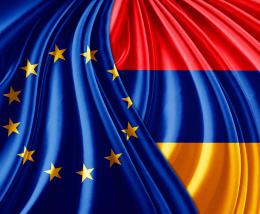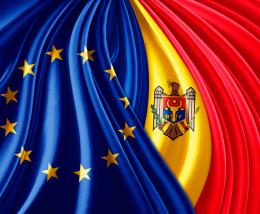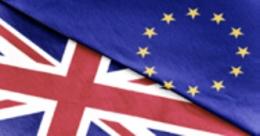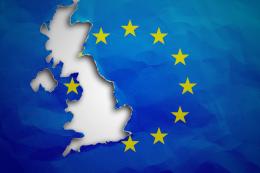European Economic
and Social Committee
Európa
Európában az EGSZB kapcsolatot tart fenn a szociális partnerekkel és a civil társadalmi szervezetekkel a Nyugat-Balkánon, a keleti szomszédságban, az EGT-tag EFTA-államokban – Izlandon, Liechtensteinben és Norvégiában –, valamint az Egyesült Királyságban.
A Nyugat-Balkán nyomonkövetési bizottság – az EGSZB állandó belső testülete – az EGSZB erre a régióra irányuló tevékenységeinek legfőbb koordinációs eszköze. A kétévente megrendezett nyugat-balkáni civil társadalmi fórum a nyomonkövetési bizottság tevékenységének részét képezi.
Az EGSZB emellett kétoldalúan is együttműködik a Nyugat-Balkán csatlakozási tárgyalásokat megkezdett országaival és Törökországgal az ezen országok és az EU közötti társulási megállapodások keretében létrehozott szakosodott szerveken keresztül. E konzultatív vegyes bizottságok célja, hogy bevonják a szociális partnereket és a civil társadalmi szervezeteket az esetleges uniós tagsághoz vezető előcsatlakozási és reformfolyamatok nyomon követésébe. Mindegyik testület az EGSZB és a partnerország egyenlő számú tagjából áll, és általában évente egy vagy két alkalommal ül össze.
Az EGSZB emellett létrehozta a Keleti szomszédság nyomonkövetési bizottságát, amely a régió országainak, azaz Örményországnak, Azerbajdzsánnak, Belarusznak, Grúziának, Moldovának és Ukrajnának a civil társadalmával fenntartott kapcsolatok szélesítéséért felelős belső szerv.
Az Örményországgal, Grúziával, Moldovával és Ukrajnával való együttműködés fő mechanizmusai a civil társadalmi platformok, melyek lehetővé teszik az EU és a partnerországok civil társadalmi szervezetei számára, hogy figyelemmel kísérjék az ezekkel az országokkal kötött uniós megállapodások végrehajtásának folyamatát, és ajánlásokat fogalmazzanak meg az érintett hatóságok számára. Emellett Ukrajna és Moldova 2022-ben tagjelölt ország lett.
Belarusz és Oroszország esetében a kapcsolatokat a továbbra is szabadon működő civil társadalmi szervezetekkel tartják majd fenn. Ezek többsége az EU területéről működik. Az EGSZB a jövőbeni javuló feltételek reményében fontosnak tartja a párbeszéd életben tartását.
Az Európai Gazdasági Térség (EGT) az uniós tagállamokat és a három EGT-tag EFTA-államot (Izland, Liechtenstein és Norvégia) tömöríti egy olyan belső piacon, ahol az áruk, a szolgáltatások, a tőke és a személyek szabadon mozoghatnak. Az EGSZB tagja az Európai Gazdasági Térség konzultatív bizottságának, ahol közös érdekű kérdéseket vitatnak meg az EGT-tag EFTA-államok szociális partnereinek képviselőivel.
Végezetül az EGSZB-nek van egy EU–Egyesült Királyság nyomonkövetési bizottsága, amelynek feladata az EU, valamint Nagy-Britannia és Észak-Írország Egyesült Királysága közötti kapcsolatok nyomon követése a civil társadalom szemszögéből. Munkája középpontjába helyezi az EU és az Egyesült Királyság közötti, a kilépésről rendelkező megállapodás, valamint az Írországról és Észak-Írországról szóló jegyzőkönyv végrehajtását, amelyekről folyamatos párbeszédet folytat az Egyesült Királyság civil társadalmi szervezeteivel, valamint az EU és az Egyesült Királyság közötti kereskedelmi és együttműködési megállapodás végrehajtását, amellyel kapcsolatban az EU–Egyesült Királyság nyomonkövetési bizottság együttműködik az EU és az Egyesült Királyság közötti kereskedelmi és együttműködési megállapodás keretében működő uniós belső tanácsadó csoporttal.






